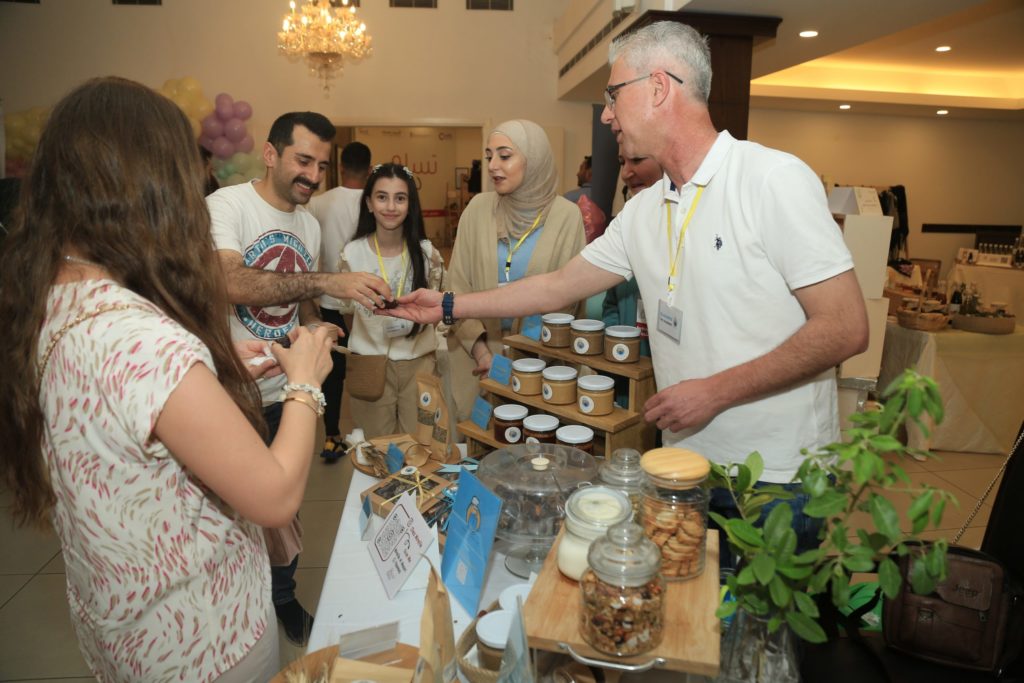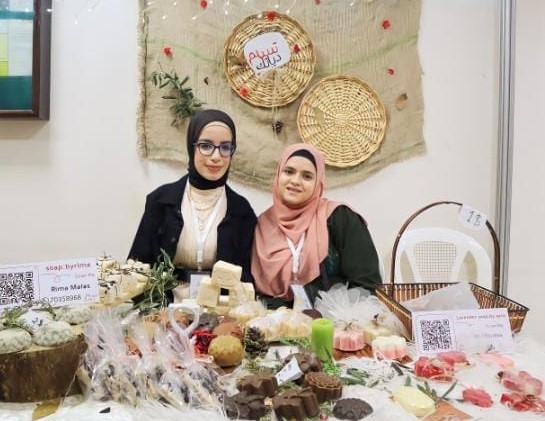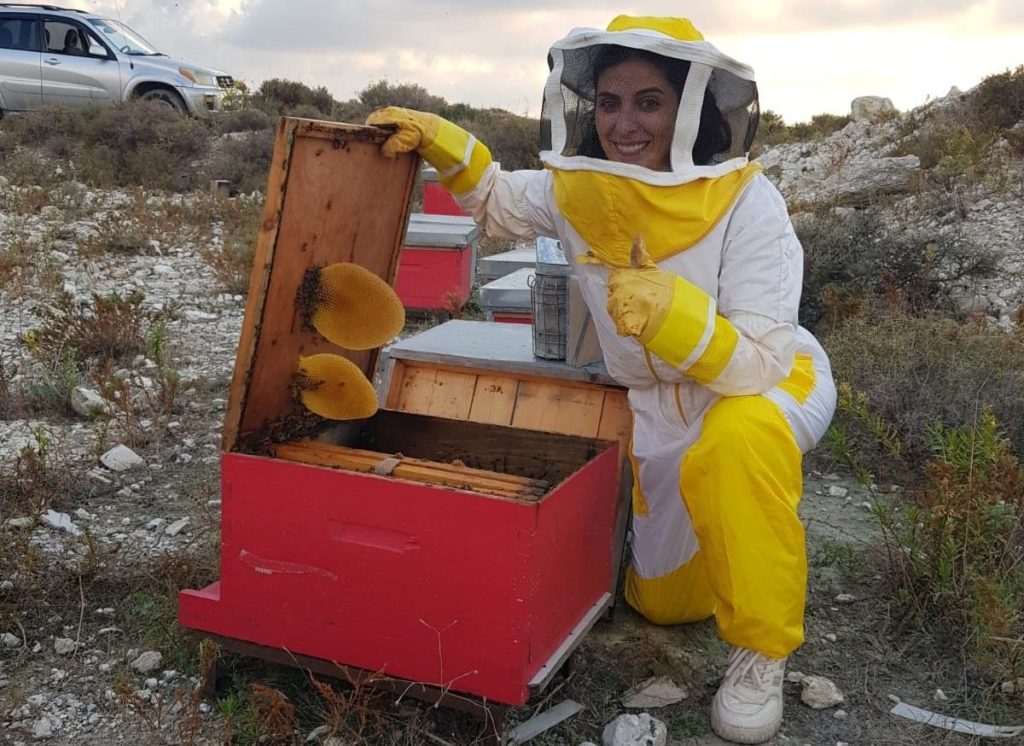Entrepreneurship and Agriculture
HomeEntrepreneurship and Agriculture
Since 2019, the economic slowdown in Lebanon has led to a decline in labor force participation, with the informal sector where women constitute the majority now responsible for the livelihoods of more than 60% of the workforce. Financial restrictions and the intensification of the regional conflict in 2024 have exacerbated the situation, forcing many informal local agriculture, craft, commerce, and service enterprises to suspend or lose their operations.
Supporting this informal sector is important to ensure continued sources of income for more than half the working population. Since 2010, IECD – Semeurs d’Avenir has been developing entrepreneurship training projects to address this need, with a specific focus on agriculture. This approach aims to make entrepreneurs in general, and farmers in particular, economically self-sufficient.
Fostering Local Opportunities, Urban and Rural Initiatives for Sustainable Horizons
The FLOURISH project aims to support a total of 520 entrepreneurship projects led by self-employed individuals, small entrepreneurs, and farmers (50% women, 20% refugees) through a comprehensive approach with the support of the Agence Française de Développement (AFD), Direction de la Coopération Internationale (DCI Monaco), and other partners.

Adoption of agroecological practices to ensure sustainable income sources and healthy ecosystems

Training and support in key entrepreneurial skills and knowledge to develop and maintain small businesses

Enhanced opportunities to access new markets and sources of financing
Success Stories

Rima and Sara participated in the “Skills for Your Business” training in November 2023 following a course in handmade soap making with the Norwegian Refugee Council (NRC). After presenting their respective projects to the jury, the two young women were selected to benefit from in-kind support. In addition to producing a complete market study and development plan for their businesses, they both took part in the 5th edition of the “Teslam Dayatak” fair in December 2023, where they were able to concretely launch their business and meet their first customers. In just 2 weeks, Rima and Sara were able to support each other to prepare everything they needed for the event, launch their Instagram pages, build their brand image, and start selling their products with passion.

“After graduation, I struggled to find the right job despite coming from a family of farmers. Joining the agriculture training at IECD in Deir Mokhales-Joun was a turning point. There, I discovered a passion for agriculture and, particularly, beekeeping. Despite family objections and a challenging work environment, I remained determined to build my own business and become independent. IECD’s support helped me overcome weaknesses and share my knowledge with other farmers. Now, I aim to expand my beekeeping business into a well-known brand, constantly exploring new techniques and markets. With IECD’s foundation, I’ve transformed my passion into a thriving pursuit.”
Tania Ibrahim, 31 years old
The inspiring story of Miryam, who transformed her passion for bees and honey into a thriving business
Publications
As part of its support activities for beekeepers and entrepreneurs, IECD/SDA has undertaken significant work on methods to control Varroa, a bee parasite which is one of the leading causes of hive mortality in Lebanon and worldwide.
This report presents findings from a groundbreaking study in Lebanon implemented by beekeepers with the support of IECD and Semeurs d’Avenir between 2022 and 2023 to assess the efficacy of five approved treatments in fighting varroa. A testing protocol was developed with the assistance of beekeeping experts and its implementation followed a participatory approach, placing beekeepers at the center of the process.
The Lebanese non-governmental organization, Semeurs d’Avenir, was founded in 2010 with the support of the European Institute for Cooperation and Development (IECD), in order to put in place a local structure that can carry on and ensure the sustainability of projects launched by the IECD in Lebanon with its local partners. Semeurs d’Avenir is the main partner of IECD in Lebanon.
Our Partners
Semeurs d’Avenir © Copyright 2025. All Rights Reserved.



